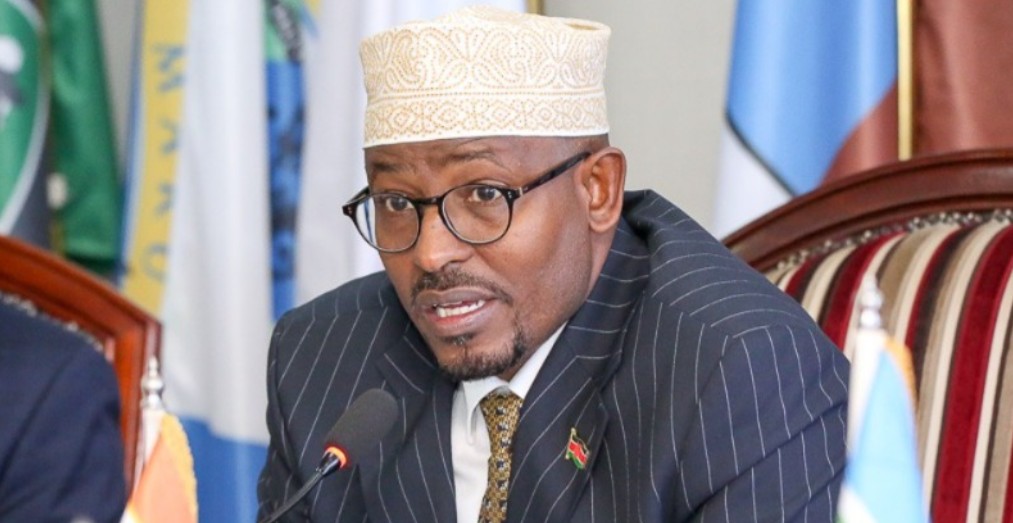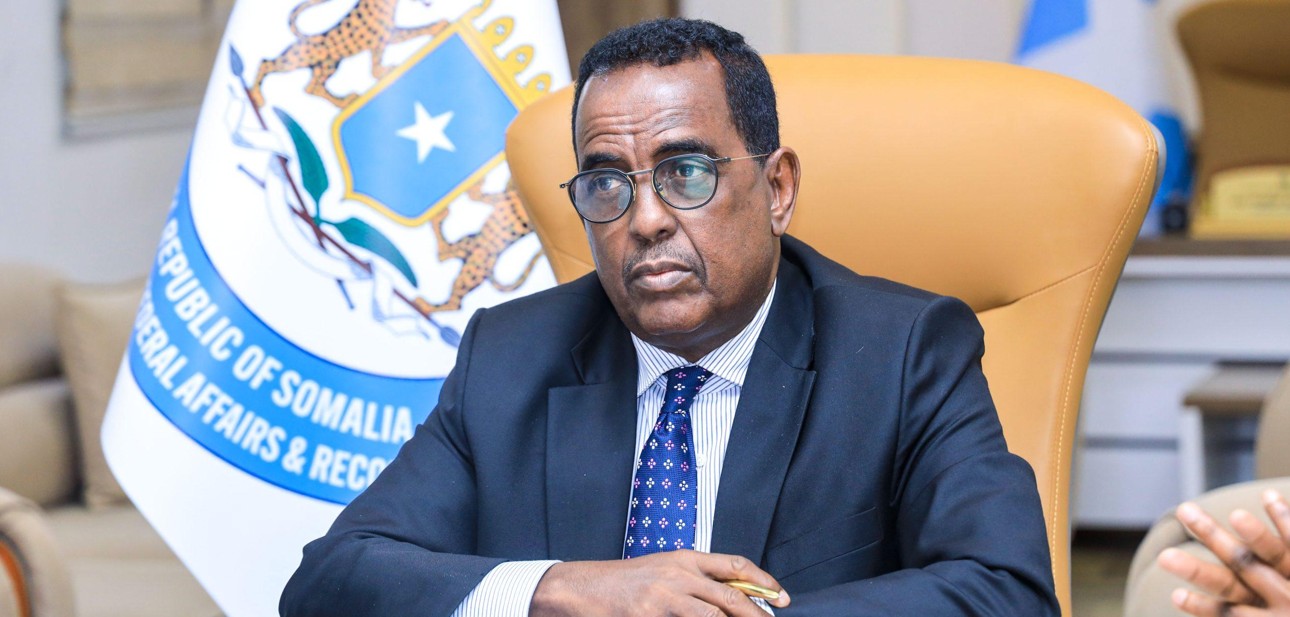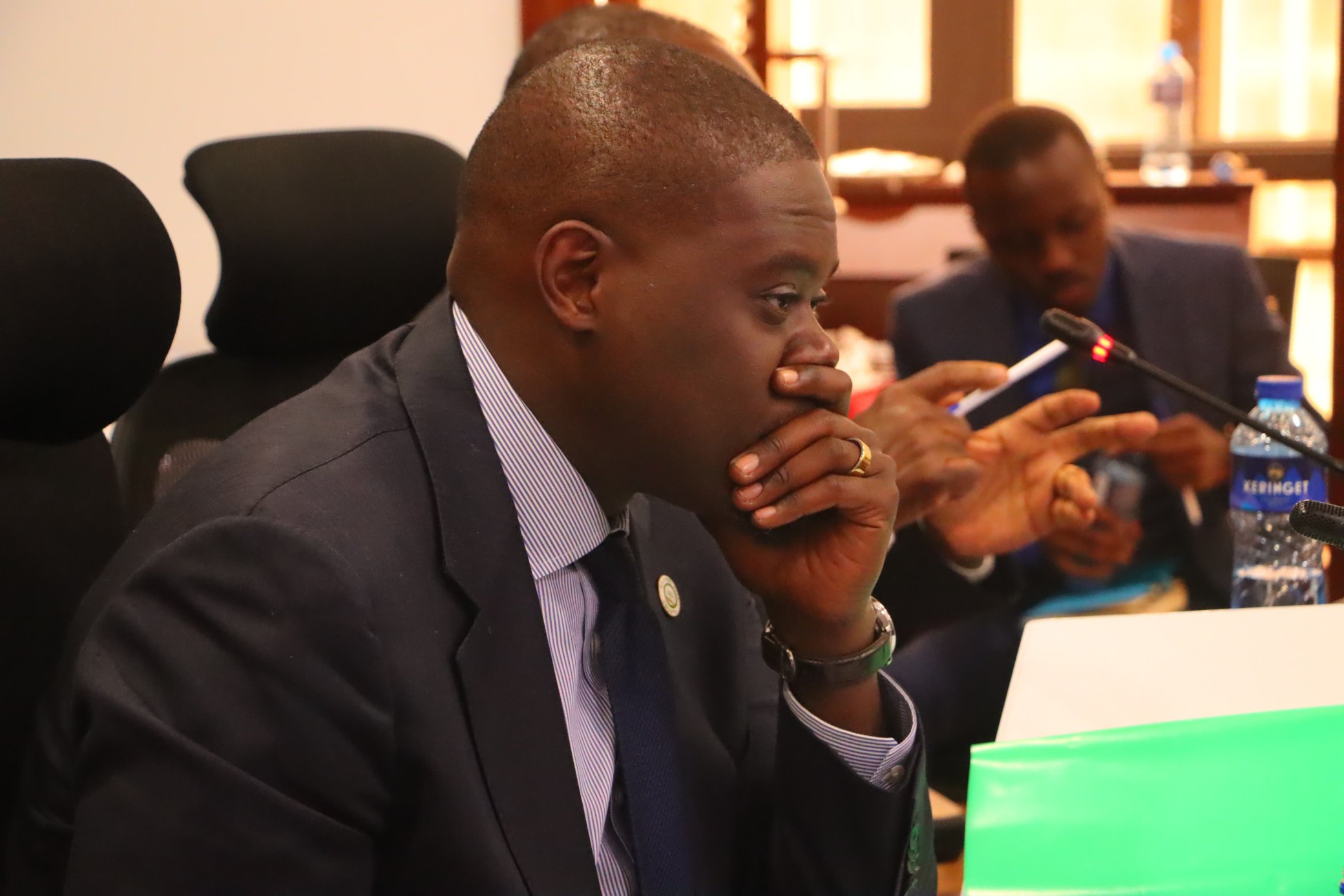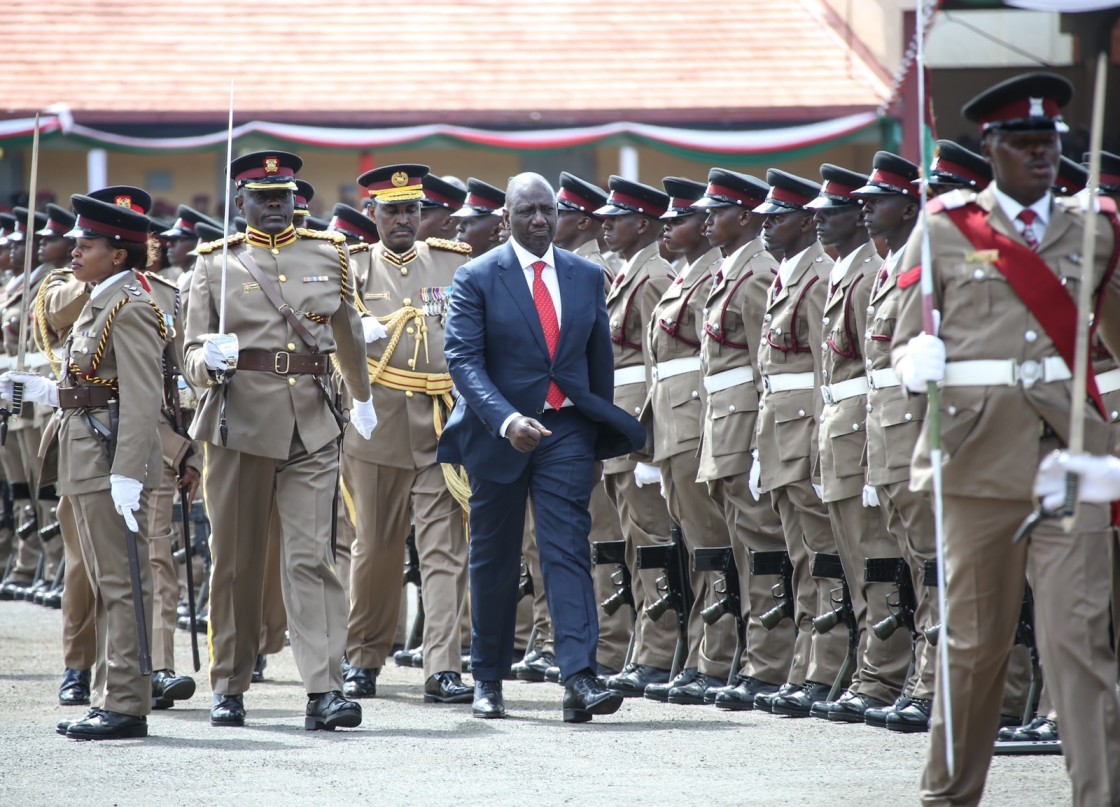Married in absentia: Why some Muslim couples opt for representation marriage

Strictly under Islamic law, the presence of the bride was not a requirement for the validity of marriage provided her consent had been authenticated.
Growing up, Amina Athman, dreamt of a fairytale wedding. Like every other girl, she pictured herself walking down the aisle to meet her prince charming Cinderella-style.
“I used to watch movies of princesses falling in love so I thought that when I found my prince charming, we would get married in a big ceremony before living happily ever after,” says Amina.
More To Read
But this was not the case when she got married in 2020.
“The family chose a husband for me after they decided it was time for me to get married,” she says.
On her wedding day, she said 'I do' to her brother-in-law, who was standing in for her husband-to-be.
She describes this as representation marriage - where a person agrees to marry another who represents or stands in for a third party. She says this arrangement is common among Muslim communities at the Coast.
A wedding without a groom
Muslims opt for the representation marriage in the unlikely event that they are unable to attend their weddings. For the men, a brother, cousin, or biological father can wed the bride, and if a groom has travelled or is held up at work, he can choose this type of marriage.
Amina got married as the world battled the COVID-19 pandemic. Her husband-to-be was in Saudi Arabia in search of green pastures but this did not stop them from formalising their union.
"Our wedding was supposed to happen in May 2020 but was postponed to July the same year because I was waiting for him to return home. But that did not happen since the countries were under lockdowns,” says Amina.
Since the families of both parties were determined to proceed with the wedding, the husband-to-be had to choose someone who would represent him at both ceremonies - Fatiha and Nikkah.
Fatiha involves dowry discussions by the parents of the couple while Nikkah is when the groom takes an oath at a mosque after accepting to marry the bride in the presence of witnesses, before later signing a certificate to legalise the marriage in accordance with civil and religious laws.
In cases where the husband is not present to take the oath, the biological father, brother, cousin or friend can do it on his behalf.
Mohamed Abdalla, Amina's brother-in-law, took the oath on behalf of her husband.
“Muslims believe something which comes with blessing should not be postponed frequently. That is why we agreed to the representation marriage,” says Amina.
At the ceremony, however, the person chosen to represent the groom has to tell the guests that he is standing in for him at the two ceremonies.
Amina says she did not get to enjoy the wedding of her dreams as she would have preferred having her husband with her.
“If my husband were present, he would have come to send his blessings, in what we call ‘Kutoa mikono’ ceremony, but that cannot happen in a representation marriage,” she says.
She notes that the ceremony happens at the bride’s home where the groom is received with ululations. He then finds his wife and places his hand over her head to bless her.
Just like Amina, Tima Ali also went through the representation marriage but hers was different because her cousin took the oath.
According to Tima, both families agreed that the cousin would stand in for the husband.
“My husband was to travel back to the country but two days before the wedding, a work-related issue came up. The family opted for a representative,” says Tima.
In her case, the groom attended the dowry payment ceremony.
In other cases, couples opt for virtual weddings, thanks to the technology. The groom could join the ceremony via video call and this is not regarded as a representation marriage since the groom takes the oath himself.
Common practice
Sheikh Yusuf Abdi from Mombasa says the representation marriage is allowed in the Sharia law as long as it is the husband who makes the choice.
“It is a common practice. It can be carried out even in divorce cases,” he says.
Sheikh Yusuf explains that in divorce scenarios, the groom also sends someone to the bride's family to deliver a message.
“If the bride accepts the terms, the person sent will sign divorce papers on behalf of the husband,” says Sheikh Yusuf.
According to Islamic Sharia Law, one has to be divorced three times for the marriage to be declared null and void.
“In case a woman is divorced by her husband the first time, they can still remarry again,” says Sheikh Yusuf.
Dowry in Islamic marriages
According to Rashid Hamisi, a marriage counsellor, for a marriage to happen, there has to be consent from both parties.
“The marriage must be made public, with two witnesses from each side present at the ceremony. Islam does not allow secret marriages,” explains Rashid.
He adds the groom and the bride’s guardian must be present at the Nikah if the groom or the bride is absent.
“The dowry is a mandatory gift from the husband to the wife. (See Holy Qur’an, 4:25). This sum should be proportionate to the husband’s means. The dowry amount is announced at the time of the marriage ceremony. It can be given all at once or in incremental payments. Once given, it is solely the property of the wife and she may do with it as she pleases. The amount should be agreeable to both parties,” says Rashid.
The actual marriage ceremony (nikah) is performed by a lawful Islamic authority, perhaps a Sheikh or Imam.
“The contract is legal once the marriage (Nikah) forms are filled out and the nikah is publicly announced and witnessed. The person officiating it recites the Nikah sermon which was recited by the Holy Prophet and asks for the consent of both parties. This is followed by prayer,” explains Rashid.
He notes that after the ceremony, couples must get a legal marriage license and whatever else is required by the law of the land.
According to Rashid, a valid marriage under Islamic law has to fulfil five key ingredients; consent of the bride and her guardian, the husband-to-be and wife-to-be should be free from legal impediments, offer and acceptance, witnesses, and dowry.
“Strictly under Islamic law, the presence of the bride was not a requirement for the validity of marriage provided her consent had been authenticated. Her guardian had the authority to solemnize the marriage of his daughter, granddaughter, or niece as the case may be. Those powers may be delegated to a Sheikh, Muslim Marriage officer, or Kadhi. As long as the bride gave her free consent to dispense her presence in the marriage ceremony, the marriage was declared valid,” he says.
Hamisi explains that the presence of the groom was, however, mandatory for the validity of a Muslim marriage but his presence could be dispensed if he appointed an attorney or proxy to represent him at the marriage ceremony.
“In the spirit of enhancing justice through technological solutions including but not limited to e-filing and virtual courts, the husband-to-be may also participate in the marriage virtually through video platforms or through a proxy. It is important to embrace technology in various aspects of life. In matters of the heart, marriage should not be bound to a physical place. It's time to enhance family law jurisprudence,” says Rashid.
Top Stories Today












































